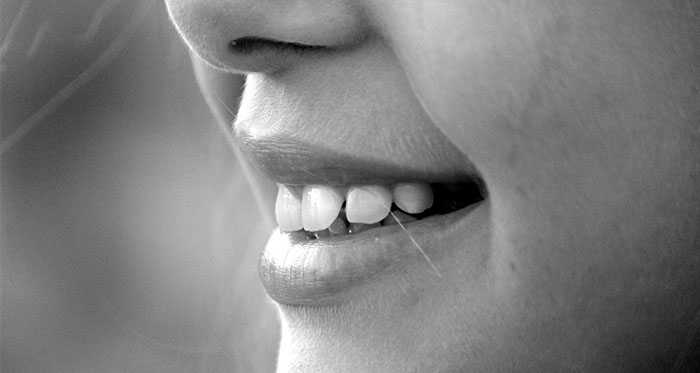For some people, taking care of your teeth can be hard work. In reality, it goes much deeper than just making sure you brush your teeth everyday. You have to be proactive about your oral health and the more serious you are about it now, the more years of wellbeing you’ll get out of your teeth in the long run. Have you ever dealt with bleeding gums? Do you want to make sure you don’t have to worry about it happening to you or your children? Make sure you’ve got the tools to keep your teeth in the very best shape possible.
Causes of Bleeding Gums
If you’ve got bleeding gums, there could be a lot of different causes. One of the biggest issues might be gingivitis. Gingivitis is one of the earliest stages of periodontal disease. If you don’t nip it in the bud early by visiting a dentist, you could run into some major detours down the road.
Experiencing bleeding gums when you brush could be a very telling sign that there’s a problem. Although some light bleeding is not uncommon when brushing–especially if you’re brushing with a firmer toothbrush–you don’t want to let it pass without attention. If your gums bleed easily even when you’re not brushing, you should definitely get in touch with a cosmetic dentist as soon as possible.
In some cases, the bleeding might be caused by infection or injury, but it’s more likely that you’re battling gingivitis. The good news is that gingivitis is reversible and preventable, so you could repair the damage that’s been done with patience, time and care if you find out about it early enough.
Treating Your Gums
Gum disease or gingivitis is not a painful condition, but down the line it could cause a lot more painful issues. This makes it very easy to let the damage wear on without realizing what’s happening. Consistent brushing and flossing are key parts of the process.
If you’re not into a routine of flossing, you might experience some bleeding when you’re just starting out with a regular flossing ritual. Your gums aren’t used to being manipulated in this way for cleaning, so they’re sure to react in some way at first. This is normal, but you want to keep a close eye on things to make sure the situation doesn’t worsen. If this continues for more than a week, there’s probably more happening behind that bleeding. Some pregnant women may also experience bleeding, which is known as known as “pregnancy gingivitis”. It makes the gums inflamed and tender.
As long as you’re doing all you can to rid the plaque from your gums, mouth and teeth, you’re on the right track. That plaque will fester and turn into tartar, which is even more difficult to remove. Allowing plaque to sit around too long can lead to infection.
Keeping up regular appointments with your dentist will ensure that all of your oral health woes are under control. As long as you pay attention to the clues that come your way, you shouldn’t have any struggles keeping your mouth healthy.





